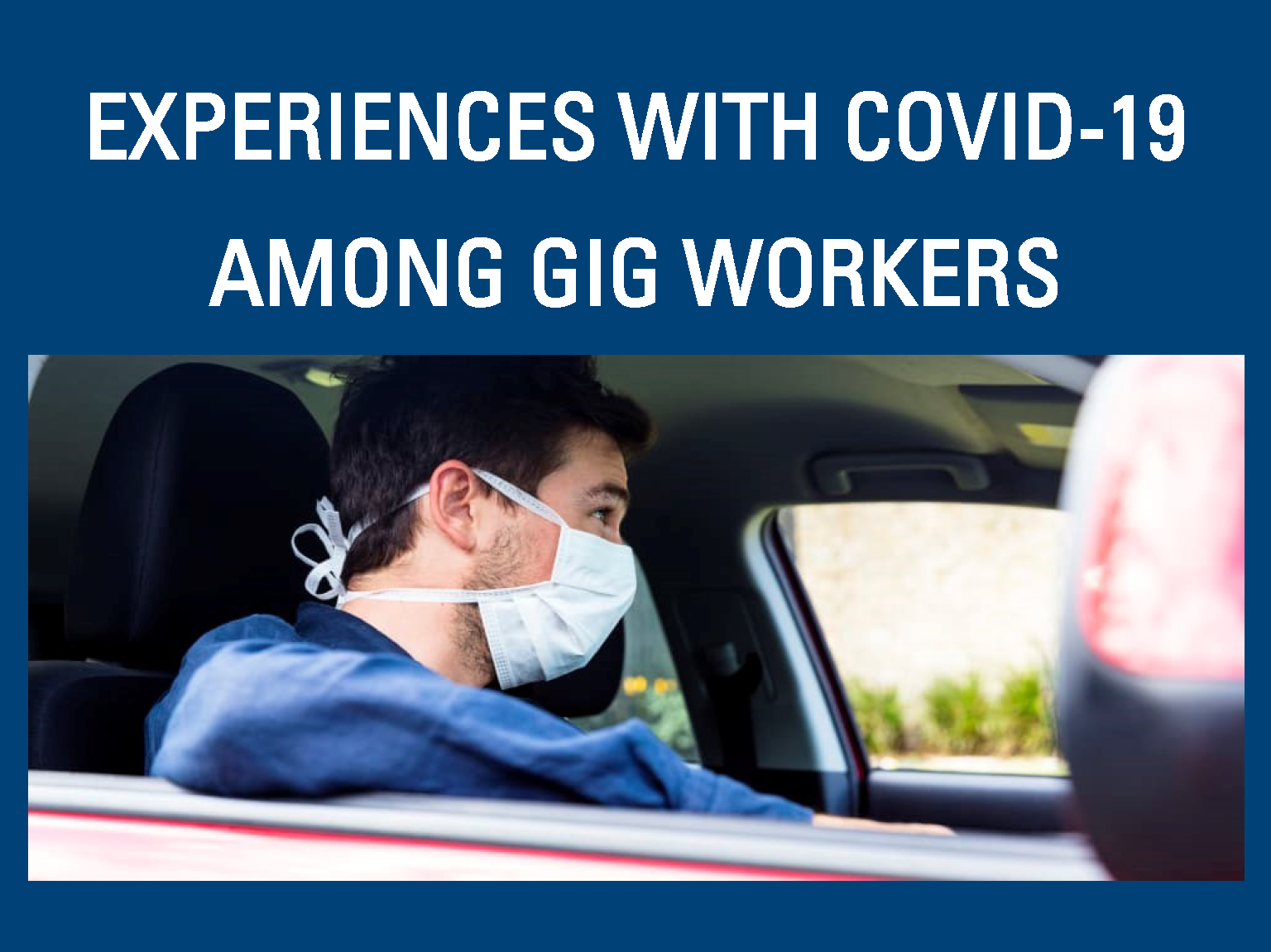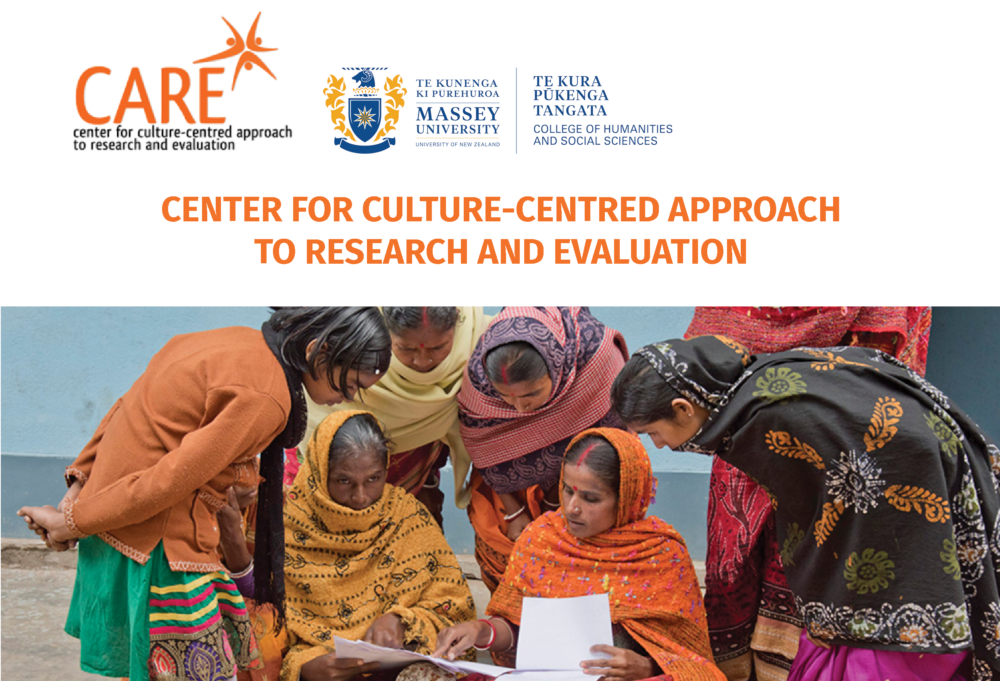Experiences with COVID-19 among low-income households – West Bengal, India

CARE’s research project is about the experiences of COVID-19 among low-income households in New Zealand and across the world. The aim of this research is to understand the everyday health experiences that individuals and whānau face whilst negotiating structures of low-income and/or poverty including the potential solutions they foresee in addressing the health challenges. Poverty is included because there are individuals and whānau around the world who self-describe as living in poverty.
Experiences with COVID19 among gig workers – New Zealand

Recent studies reveal that gig workers face fundamental threats to their health and wellbeing amidst large-scale transformations in neoliberal economies. However, the growing body of research on the challenges experienced by gig workers has not really attended to the health challenges constituted by the gig economy. This study examines the ways in which gig workers are negotiating their work, health and wellbeing amidst COVID19.
The study is designed
- To comprehend the ways in which gig workers are experiencing COVID19.
- To understand how gig workers are negotiating COVID19.
- To explore the solutions to COVID19 imagined by gig workers.
The study will draw on the culture-centered approach to examine the meanings of COVID19 and its negotiations among gig workers. The Culture-Centered Approach (CCA) deals with subaltern classes who have been subdued and absent in dominant theories and models (Dutta, 2011). The findings of this study aim to create healthy and safe work environments for gig workers, through in-depth interviews and advisory group meetings.
For this study, the researcher will be recruiting participants who are working in the gig economy. An information sheet will be shared with the participants. The study involves in-depth- face to face interviews with up to 500 participants and is expected to last 60-90 minutes. Recruitment of participants of the study will be done using purposive and snowball sampling, mostly carried out digitally to begin with. Interviews will be conducted mostly on digital platforms and will be recorded. Interviewees will be asked about the issues faced by them at their workplace, about their understanding and negotiation of health and wellbeing in daily lives, their challenges with COVID19, and the ways in which they negotiate these challenges. The interview will be transcribed for analysis. A summary of the findings will be made available to the participants upon request.
